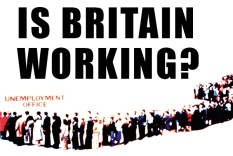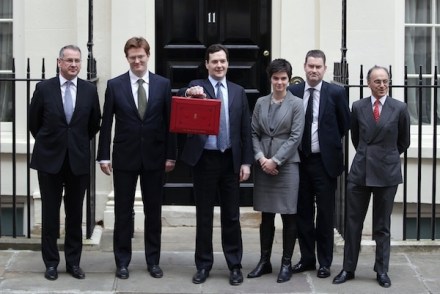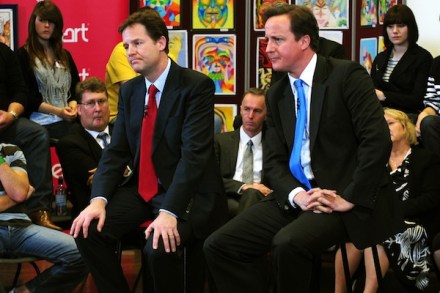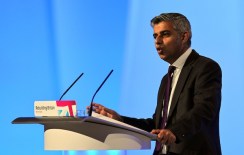Deficit latest: Still £5 billion higher than last year
Today’s borrowing figures show that the government had a surplus of £11.4 billion in January. But before we get too excited, a bit of context is in order. There’s (almost) always a surplus in January, thanks mainly to self assessment and capital gains tax receipts. And today’s figure includes £3.8 billion transferred from the Bank of England’s Asset Purchase Facility to the Treasury. Stripping that out gives a £7.6 billion surplus — an improvement on the £6.4 billion surplus in January 2012, but not enough to make up for higher borrowing in the rest of the year. Total borrowing in the ten months of the year so far is £97.6





















